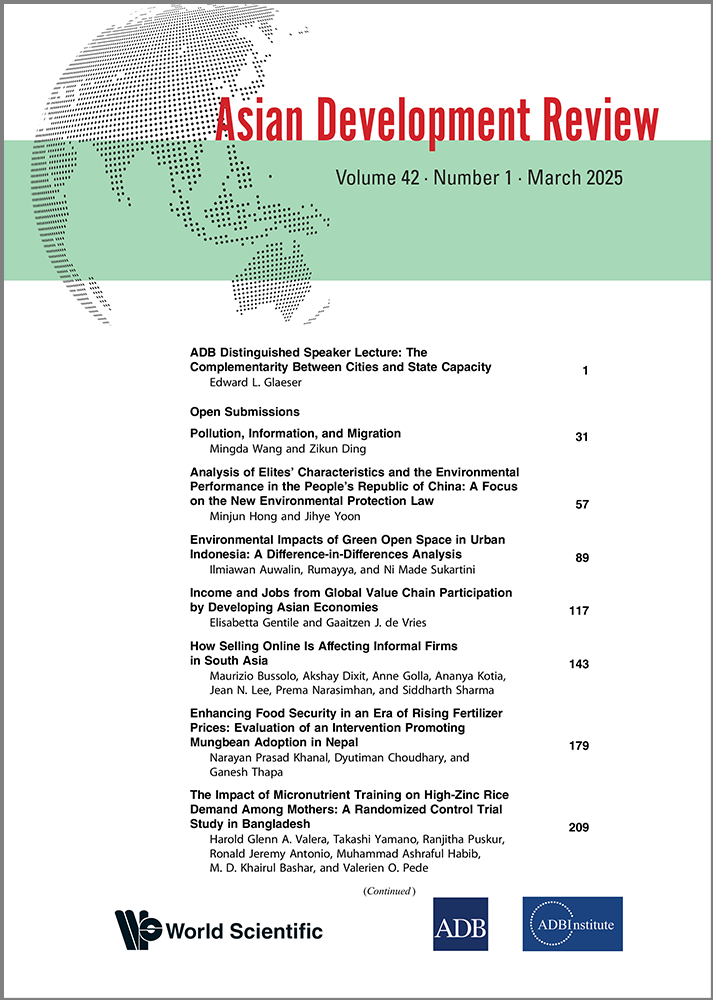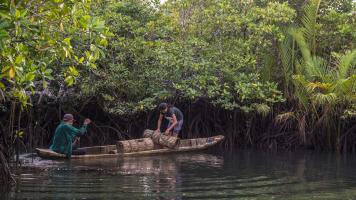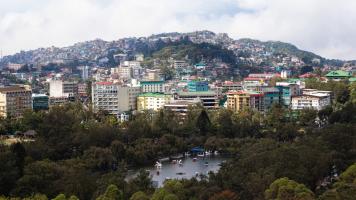Environmental Impacts of Green Open Space in Urban Indonesia: A Difference-in-Differences Analysis
 Download (808 KB)
Download (808 KB)
Publication Type:
Publisher:
Asian Development Bank (ADB)
Publication:
March 2025
This study investigates the impact of green open spaces in reducing the probability of flooding and open waste burning in urban areas in Indonesia’s three largest metropolitan cities: Surabaya, Jakarta, and Medan.
Due to rapid infrastructure growth in Indonesia over the past 30 years, the country’s green spaces have diminished nationwide. In 2019, only 13 out of 174 Indonesian cities had green open spaces specifically included in their development plans, according to the most recent data from the Ministry of Public Works and Public Housing.
This study investigates the impact of green open spaces in reducing the probability of flooding and open waste burning in urban areas in Indonesia’s three largest metropolitan cities: Surabaya, Jakarta, and Medan.
The study employs urban village microdata from the 2014 and 2018 Village Potential Census. First, the researchers constructed the dataset into a difference-in-differences setup. The urban villages that initially did not have any green open spaces in 2014 and then had them in 2018 were assigned as the treatment group, and those without any green open spaces in both periods were the comparison group. Then, they estimated the impact of urban green spaces on the probability of flooding and open waste burning. The results indicate that the likelihood of flooding and open waste burning had decreased in treated areas by 2018.
This research by Ilmiawan Auwalin, Rumayya, and Ni Made Sukartini is funded by the Penelitian Dasar Unggulan Perguruan Tinggi 2019 grant from the Indonesian Ministry of Higher Education.
The study is published in the Asian Development Review Volume 42, Number 1. The journal publishes research on development issues relevant to the countries of Asia and the Pacific region, specifically members of the Asian Development Bank. Its intended audience comprises a worldwide readership of economists and other social scientists.
CONTENTS
- Introduction
- The Role of Green Open Spaces in Reducing Urban Environmental Problems
- The Indonesian Context
- Data and Methodology
- Results and Discussion
- Conclusions

